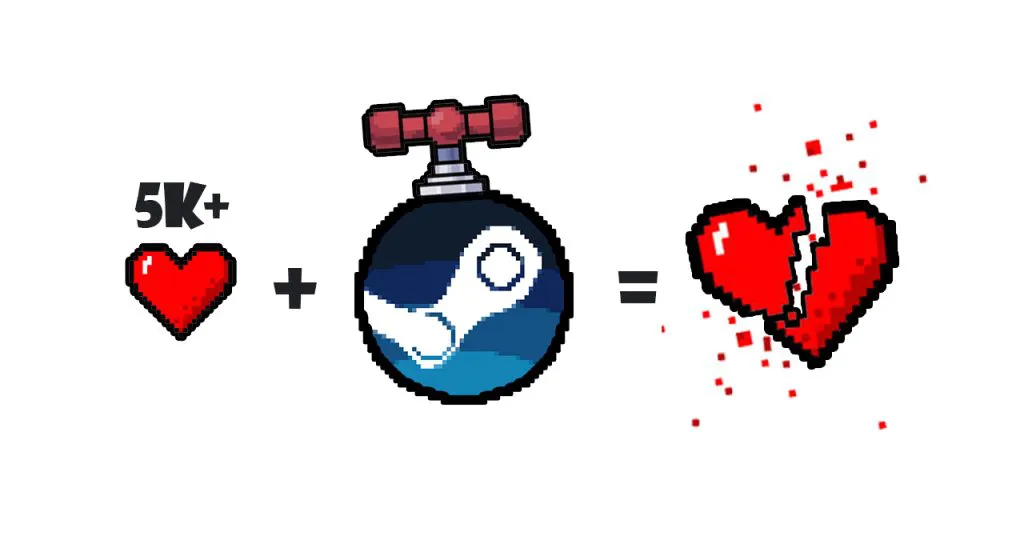What Valve's Move to Limit Steam Default Keys Means for Game Developers and Publishers

Valve made a move last week that should startle game developers and publishers alike. The Steam operator updated its guidelines for the allocation of Steam Keys. Next to AAA and AA publishers, also indies and mid-sized game publishers in particular were using these keys, due to the lack of their own systems, for use with third-party distributors and retailers.
The main updates are as following:
- Valve limits keys provided to developers or publishers to 5,000 keys for use with other stores and platforms, but does not guarantee delivery of any additional keys.
- Valve requires that buyers of these keys on third-party platforms do not receive better terms than Steam customers.
- The Steam operators specifically add “if your sole business is selling Steam Keys and not offering value to Steam customers, your request may be denied and you may lose the privilege to request keys”.
Now, it should be noted that Steam’s business model is not to distribute keys to developers. However, giving keys to game publishers was a smart move to retain them in the long term. An essential part of Steam’s growth has been to attract new developers and content with developer tools (Steamworks) and to gain market leadership through their range of games and DLC available (the Steam Direct program has allowed almost any developer to place content on the platform).
Today we are at a point where Steam accounts for around 70% of PC game downloads. A quasi-monopolistic dominance of similar magnitude to platform operators in the mobile and console sectors.
Now, while the restriction of key usage is understandable from Valve’s point of view, the insistence on price parity from this dominant position is by no means good for competition.
How will this step affect developers and publishers in the short term?
- The possibility for smaller studios to generate revenue on platforms other than Steam will be limited. Although games with Steam Keys can also be sold on other stores and platforms, the possibility of targeted promotions or sales campaigns will be limited by the price parity requirement. Can you imagine the same in the food sector? Uniform prices at all supermarkets and discounters? Again: What we see here is a restriction of fair competition benefitting consumers through better pricing and accessibility.
- To avoid total dependency, game manufacturers will have to consider alternatives. Many larger manufacturers have their own key management and DRM systems, but this is hardly the case for medium-sized and indie developers. Epic Games Store or GOG come mind. Epic charges their full percentage regardless of whether the key is sold on or outside of Epic’s store (reducing margins for publishers when selling third-party). EA and Ubisoft have complex storefronts with limited reach and largely favor their own products, leaving only a handful of other options, the biggest one (and most liked from a gamer’s perspective) probably being GOG. It’s likely that after this move, many publishers will be interested in using them as an alternative. Also, it is very likely that both will use Valve’s move to expand their reach here.
At VaultN, we believe that the way games are currently being distributed will and must change. It will need to be more automated, actually digitalized, and independent to break from the rules imposed by major, dominant players. With our solution,we are planting the seeds to be an essential part of that change.
Whatever the respective choice of your studio looks like: As an independent self-distribution platform, VaultN can easily act as a key management solution. We are also currently implementing the abilitiy to distribute direct entitlements. So, if you are looking for alternatives and are interested in a demo, get in touch 🙂